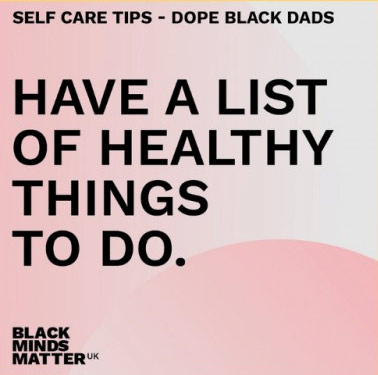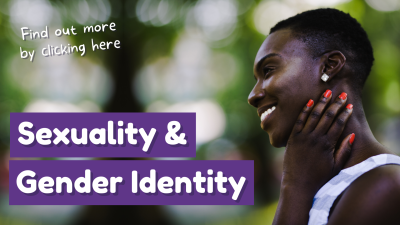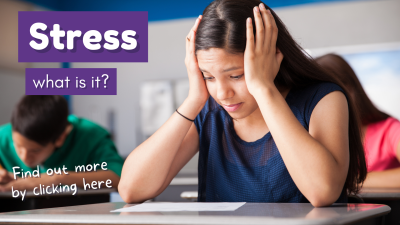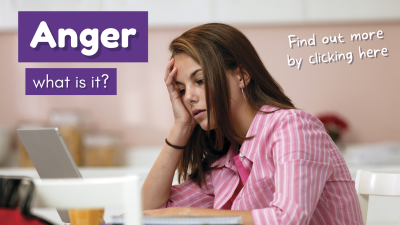Racism & Mental Health
What is racism?
Racism is an issue many people young and old have to face in daily life, and the Black Lives Matter movement has brought up a lot of feelings for young people of colour. Read on to find out more about what racism is and how it can affect your mental health.
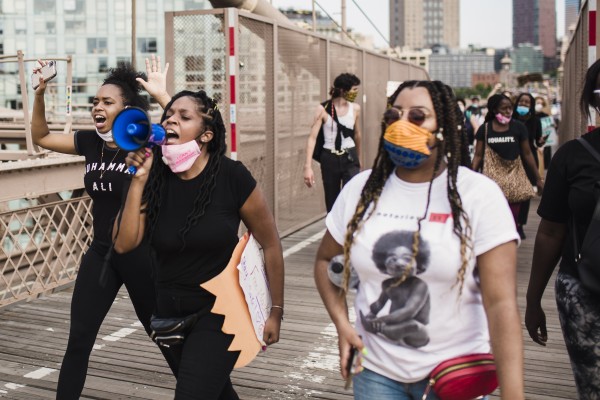
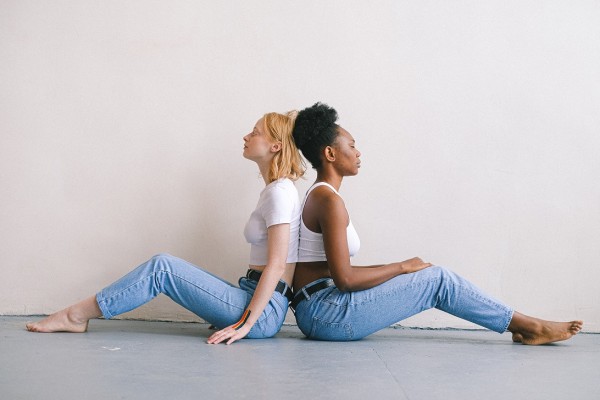
What is racism and racial discrimination?
Racism is the act of being treated unfairly because of your race, skin colour or ethnicity. Racism can take many different forms. It can include being called racist names, or being singled out at school because of your race. If you are treated unfairly because of your race, this is called racial discrimination.
A crime that intentionally harms someone else because of their race is known as a hate crime and is illegal. If you are a victim or witness of hate crime, you can find confidential and accessible support at Stop Hate UK. For a 24-hour support service for young people under 18 experiencing or witnessing a hate crime, you can call 0808 801 0576 or text 07717989025.
Read on to learn about three types of racism and how they can affect your mental health.
Microaggressions
Microaggressions are subtle, often unintentional forms of racism that are experienced by people of colour on a day to day basis. Some examples include:
- A person of colour being mistaken for a service worker or employee
- Assuming a person of colour is not from the UK and can’t speak English well
- A person of colour being followed around by security in a shop
Microaggressions can impact your mental health because they happen frequently and slowly over time, and are often very difficult to recognise and respond to in the moment. Experiencing microaggressions daily can leave you feeling angry, with low mood, or low self-esteem.
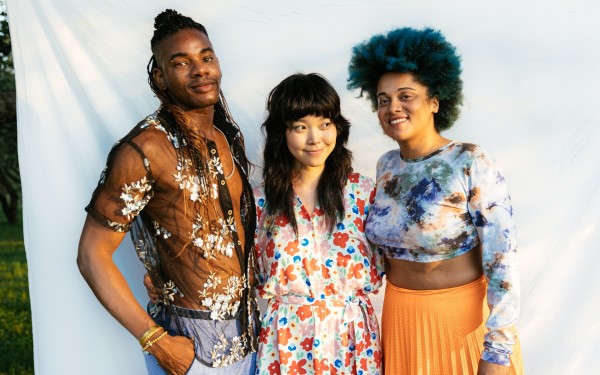
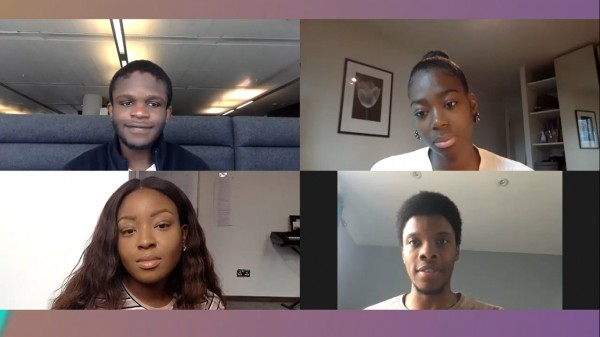
Racial Bias
Racial Bias is a prejudgment or prejudice of a person or group of people because of their race in comparison to another race. This usually results in unfair treatment of the person of colour.
An example may be when an outspoken black person is pre-judged as being aggressive, whereas a person from a different culture who acts the same way is perceived as being passionate.
For more examples of racial bias and how it can affect your mental health, check out this video to hear from a group of Black British Children’s TV Presenters sharing their own experiences.
To hear more from young people and the impact of racism on wellbeing, you can watch this video on 'A Conversation About Growing Up Black' by the New York Times.
Biases can also be against a person’s age, gender or sexual identity, religion and many other things. If your mental health has been impacted due to racial bias or any other form of bias, you can explore our Feelings Page and read on for some helpful tips in the sections below.

Systemic racism
Systemic racism is discrimination that has become part of normal life in society or in an organisation. It can affect how you are educated, the law, access to health care, employment and much more.
This form of racism happens when resources, power and opportunities are distributed in a way that exclude people from black and ethnic minority backgrounds. For example, the lessons you are taught in schools often do not reflect the diversity, culture or the positive contributions from people of colour. This is because the curriculum has not been created by people from a range of culturally diverse backgrounds.
While you can’t challenge systemic racism by yourself, you can develop your skills and knowledge by connecting and learning from others, and finding ways to take care of your mental health.
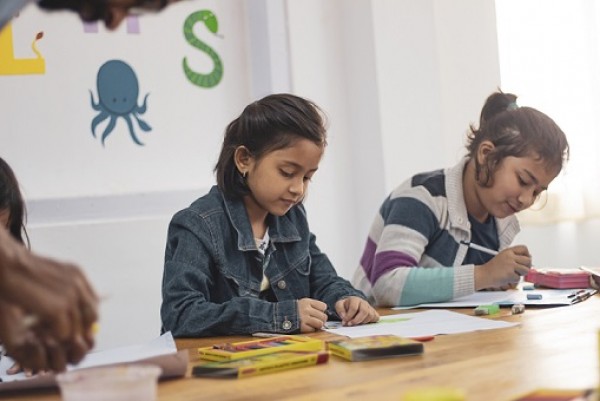
How do experiences of racism affect my mental health?
Experiences of racism, whether microaggressions, racial bias or systemic racism, can affect your mental health. Over time they can leave you feeling lonely, unconfident, and angry. It can lead to issues with anxiety and depression.
Do any of these feelings come up for you connected to experiences of racism?
If you are in need of urgent help, Get Help Now.
Do I have something wrong with me?
Racism is a societal disease and is NOT the fault of any one person, especially not people of colour. Diversity in skin colour, culture, and ethnicity is something to be celebrated and to be proud of!
Your skin is beautiful, whatever the shade!
Find out about how other young people manage the effects of racism on mental health.
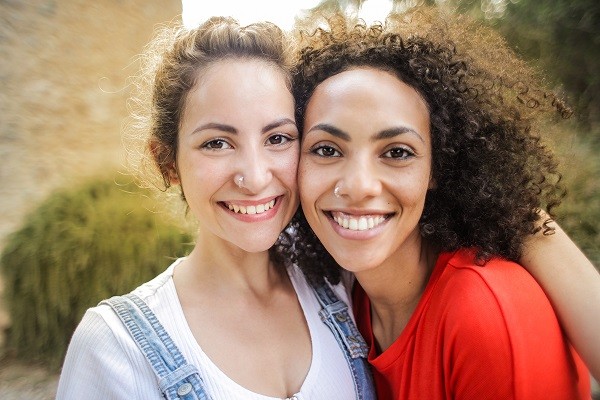
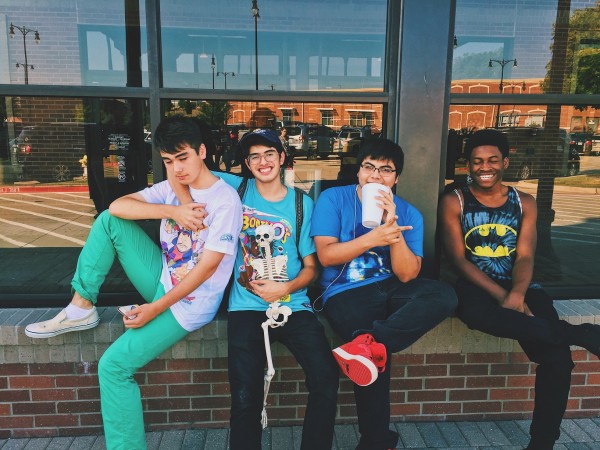
Racism is not something wrong with you, it is something wrong with society
It is natural to have a lot of feelings when experiencing or witnessing racism. The Black Lives Matter Movement across the world has resulted in a lot of young people of colour confronting these issues with friends, family and within themselves.
It is important to remember to take care of yourself when working through these difficult feelings and conversations. Try to remember the following:
- You should not feel ashamed of your race, ethnicity or culture!
- It is not your responsibility to fix racism. Don’t put pressure on yourself to try to fix it on your own! We all have a duty to uphold the rights of young people from Ethnic Minority backgrounds.
- It is okay to say ‘No, my mental capacity is full right now.’ It's good that many people are having conversations about racism, but you don’t have to have them all the time, or provide all the answers for your friends from different cultures. It can be overwhelming, and it is okay to say no!
You are not alone
As a mixed-race girl with Caribbean heritage, I’ve always felt like I didn’t belong anywhere. At school I always felt torn between my two friends, my white friend Amy and my black friend Suhayla. I felt like I wasn’t ‘black enough’ for my Ethnic Minority friends, but I was embarrassed and hid my culture from my white friends who couldn’t relate to me about a lot of things. I ended up avoiding bringing up anything about race altogether with both.
I felt really anxious and self-conscious in my skin no matter who I spent time with. When the Black Lives Matter protests begun, my anxiety got worse. I was really nervous to post anything about it on social media, even though it brought up a lot of feelings for me. I began to isolate myself and tried to avoid any situations where someone might bring it up...
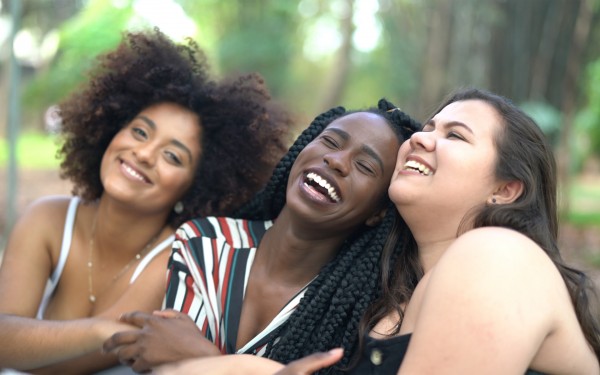

...Amy and Suhayla noticed that something was wrong and reached out to me. After talking about how I was feeling, I realised that it wasn’t the colour of their skin or mine that brought us together, it was our friendship. I decided to try to stop being scared to talk about race with my friends. The more we talked about it, the easier it was. I invited them both for a day out in the park. Although some of the conversations were hard and a little awkward, we actually had such a fun time! Afterwards I took time out to take care of myself by doing my favourite sport. Doing this regularly cleared my mind and helped me with my anxiety. I still feel nervous sometimes when I hang out with them, but being able to talk about it really helped.
- Mikayla, 14
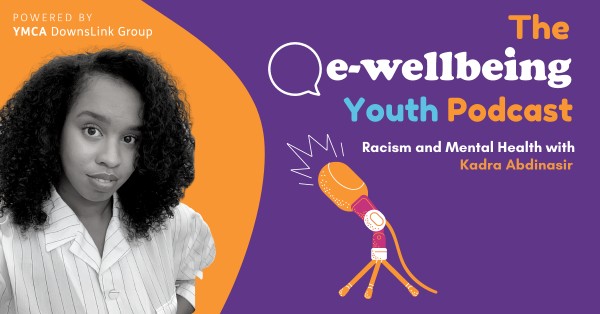
Hear from other young people about their experiences
Check out our episode on 'Racism and Mental Health' with some of our young people sharing their experiences of racism and how this has affected their wellbeing. Our special guest Kadra Abdinasir, Associate Director for Children and Young People's Mental Health at Centre for Mental Health, joins them to share some valuable information and advice.
Listen to the episode here or search for 'The e-wellbeing Youth Podcast' wherever you get your podcasts!
Try our self prescription below now.
Find help, tips and ideas.
How can I manage the effects of racism on my mental health?
Click below and swipe to find a few useful resources to help with your wellbeing when talking about or experiencing racism.
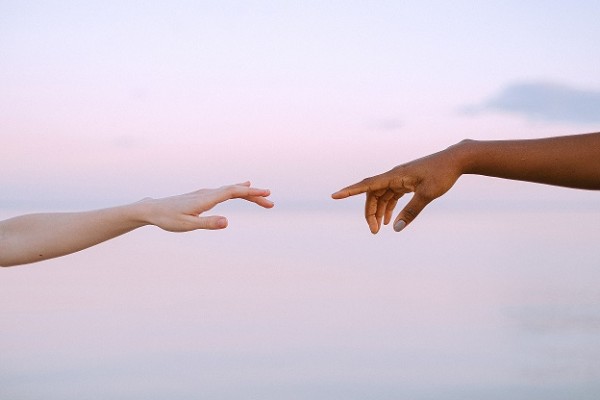

Practise self-care
It’s important to allow time and space for your mind to rest. If you’re feeling overwhelmed after experiencing or witnessing racism, or even just tired of talking about it, try to practise self-care. Take some time, perhaps once a week, to do something that makes you feel good! This could be:
- Going on a walk
- Making your favourite food
- Playing with a pet
- Taking a social media detox
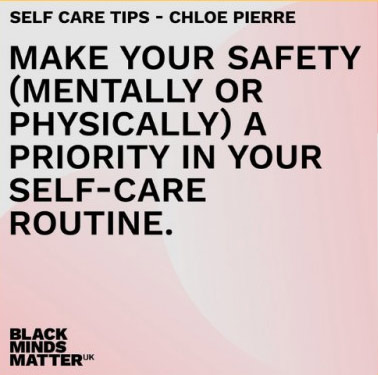
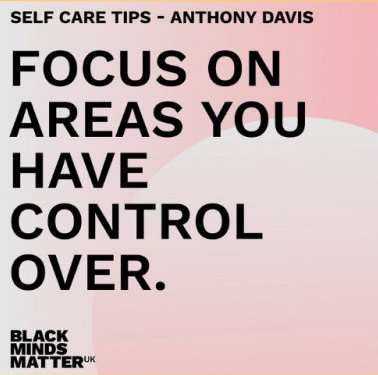
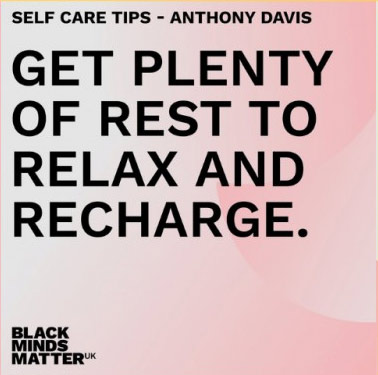
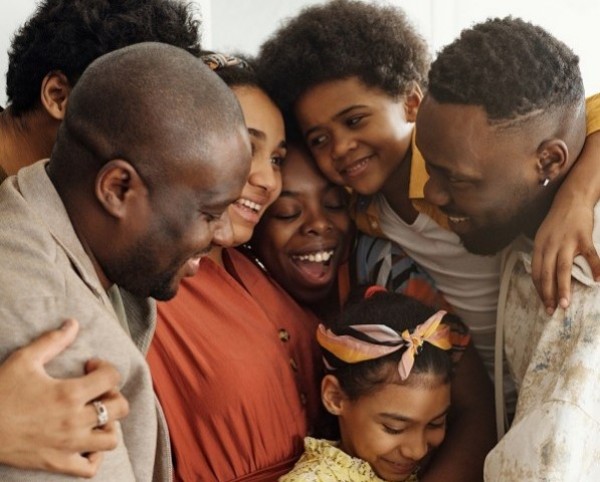
Reach Out for Support
You may feel overwhelmed by the media or uneasy after experiencing or witnessing racism. While you might want to withdraw or forget about it altogether, chances are someone else might feel the same way. Reach out to someone you trust to talk about what happened and how it has made you feel.
TIP: If you struggle to connect, try writing your feelings down and setting reminders on your phone to encourage you.
Encourage self-confidence
If you’re feeling low or not feeling good in your skin, there are lots of things you can do to build up your confidence. This can include:
- Follow creators from Ethnic Minority groups on social media. These could be musicians, authors, artists or influencers to feed your mind with positive images of people who look like you. This can help you feel proud of the skin you’re in!
- Challenge your thoughts. Write down your negative thoughts. Is there anything to prove that these are true? What would you say to a friend having these thoughts? Is there another way to look at the situation?
- Try something new! Sometimes changing your environment can help you to see yourself in a different way. Try out a new sport, join an art club, or perhaps play a game you’ve never tried before.
For more tips on building up your self-confidence and self-esteem, have a look at our Self-Esteem module.

Safely challenge racism
If you experience or witness racism and you don’t know what to do or how to react, this can really lower your confidence.
We can safely challenge racism by:
- Educating ourselves
- Reacting calmly
- Talking to someone we trust
- Reporting hate crimes - you can find more information about how to do this on the True Vision website.
You can find more tips for speaking out about racism, as well as looking after your mental health and wellbeing, on the e-wellbeing Instagram page.
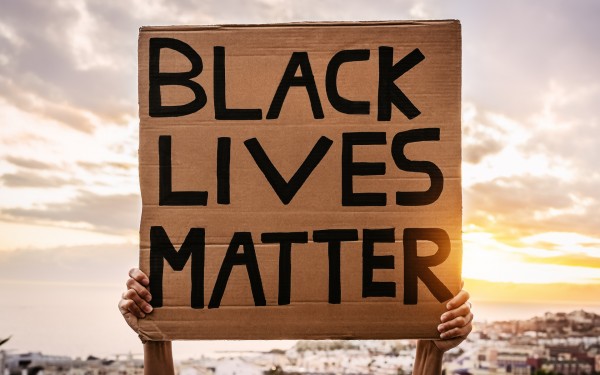

Get Help
If you feel that racism is severely impacting your mental health, it may be a good idea to get some help.
Click here to find mental health support services in your area
If you fear you are unsafe, or that your physical and emotional wellbeing is in danger, Get Help Now.
